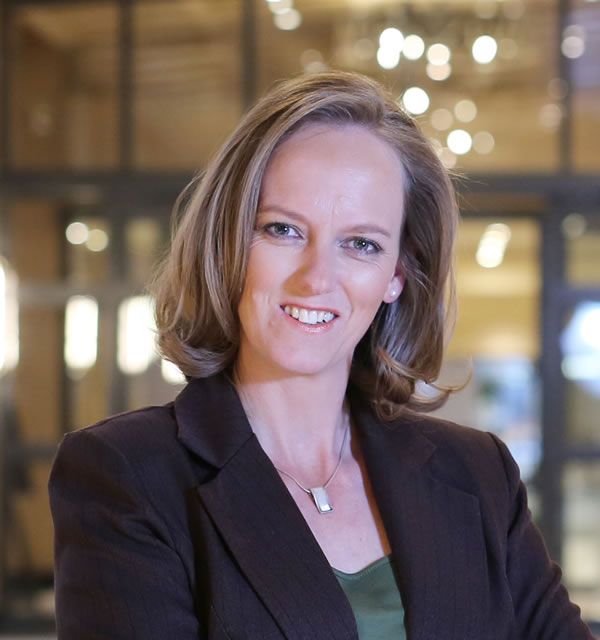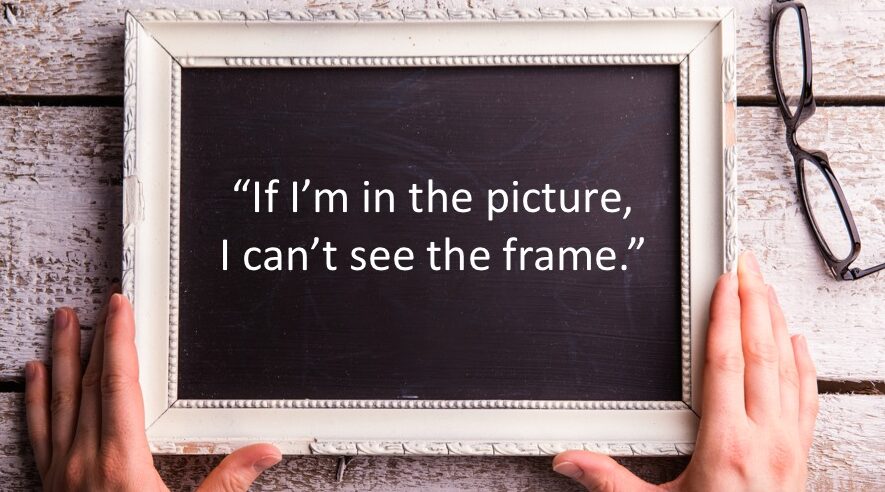Why did you become an entrepreneur?
Two pretty simple reasons really. First, I have always wanted to own the relationship with my clients first hand and to know that the brand I was building was based on a collaborative partnership. Secondly, because I have a constant desire to learn and grow and be challenged. And yes, being an entrepreneur, you get that in bucket loads. Perhaps it was also a little internal fire that I wanted to prove to myself that I could do it and even more so, do it successfully in a male-dominated field.
How would you describe an average week as a business resilience professional?
It really does range quite widely. I spend at least 30% of my day focused on core activities to grow my business – this includes: reading/research, sales and marketing initiatives and searching for innovative ways to best serve my clients. Another 30% is on mentoring my staff member, because until she is skilled and competent my business is 100% reliant on me. The remaining 40% is the ‘doing’ – this could range from running Business Impact Analysis (BIA), building Business Continuity Plans (BCP) to training and awareness campaigns. And then after the sun goes down, it is about connecting with likeminded individuals to grow my network!
Describe a milestone or achievement your firm accomplished with a client.
We have just recently flipped the consulting model on its head at a long term client with whom we have a very solid track record and trust based relationship – instead of us doing the consulting work, we are training the line managers and executives to run the workshops themselves. They have remarked many times how this has fully embedded business continuity in the area and their knowledge and insight has made the quality of the output much higher. This is walking the road with a client in the truest form and it has proven very beneficial to the client and to the trust they have in us.
What are some of the challenges you experience in the industry as South Africa continues to develop?
-
An increasing number of independent consultants
-
Increase in our risk profile – incidents related to power, water, protests (I see this as an opportunity)
-
A false sense of alignment with International Standards Organization (ISO) standards because it is the hot topic at the moment (similar to the consent of Resilience)
What do you consider the most important issues for leaders as it relates to business resilience, crisis management, and business continuity?
Top management buy-in and the true meaning of leadership… to lead by example. In addition, to integrate BC, Resilience, and Crisis Management (CM) thinking into the boardroom and as a strategic consideration.
What are the differences in the industry between the United States and South Africa?
We are a small community of BC consultants and practitioners, so the market is smaller and more competitive. That being said, I think we deal with a lot of very tangible risks that do materialise (i.e. power outages, cable theft etc), so I feel we are confronted with having to deploy working BC solutions as opposed to less risky countries/environments where a lot of the preventative work is theoretical.
What are some improvements you would like to see?
Without a doubt – implement, implement, improve, strengthen, mature. Too often we see a BCM programme deployed, but it lacks true implementation and ownership by business, and as such, within a year the value of the BCM programme has been eroded and buy-in becomes very difficult to obtain thereafter.
In order for a company to truly have a culture of resilience, what is needed to be successful?
There will be a number of factors, but core to this is Top Management buy-in, accountability and leading from the front. In addition – continuous improvement, new gaps will materialise and these need to be identified and mitigating controls implemented in a shorter timeframe. Integration of and collaboration between disciplines will be key – e.g BCM, IT DR, Information Security, OHS, Supply chain management etc.
What are the qualities you look for in working with other practitioners?
A passion for helping the client reach their BCM goals in the form of a partnership and not driven by the dollar value of the deal. Someone who sees the big picture outcome!
What’s your favorite quote?
“Every master was once a disaster” T. Harv Eker
Tracey Linnell has been involved in Business Continuity Management (BCM) and ICT Continuity since 2003, giving her over 13 years’ experience. She is the Director of Tracey Linnell Consulting, which provides specialist consulting services on Crisis Management, Business Continuity, Disaster Recovery and Resilience. Tracey was recently awarded Continuity and Resilience Consultant of the year 2016 – Africa from the BCI. She has also been nominated for Personality of the Year for the BCI Africa Awards for the previous 2 years running. She has a Bachelor of Commerce, an Honours degree in Information Systems (BCom) | Previously Certified Information Systems Auditor (CISA) | Member of the Business Continuity Institute (MBCI) | ISO 22301 Master Lead Implementer.
Connect with Tracey
Linked in: https://www.linkedin.com/in/tlconsult/




